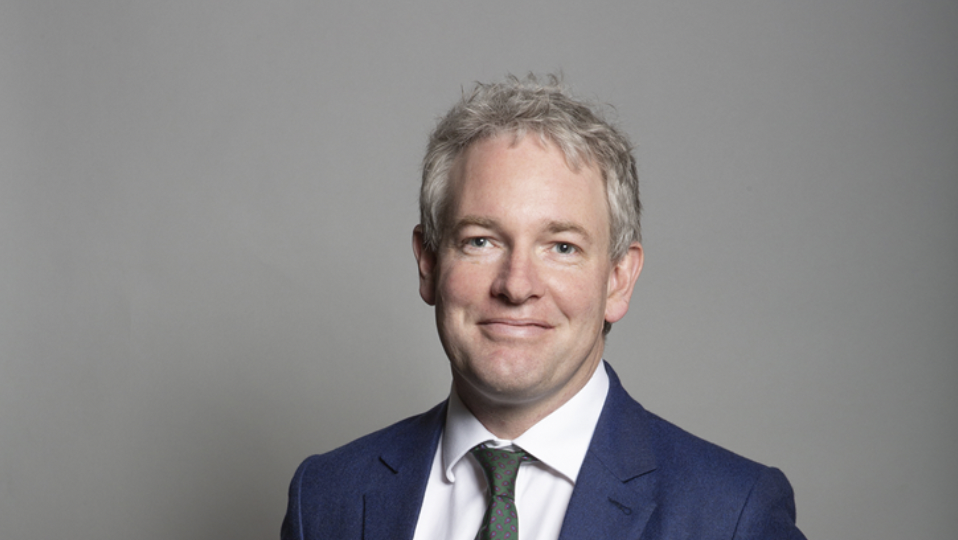Nigel Farage has sparked controversy over his stance on LGBTQ+ rights, following his welcoming of Danny Kruger, a Conservative MP known for socially conservative and anti-LGBTQ+ views, into Reform UK. At a press conference announcing the defection of Kruger, the son of Bake Off judge Pru Leith, Farage made the contentious claim that 'the most stable relationships tend to be between men and women,' a statement that many critics see as a direct challenge to the legitimacy and stability of same-sex families.
Farage’s remarks, which came as he praised Kruger’s 'Christian values,' were met with swift condemnation from LGBTQ+ advocates and progressive politicians. Labour MP Nadia Whittome described the comments as 'vile homophobia,' accusing Farage of attempting to undo many of the hard-earned rights for LGBTQ+ communities, including marriage equality and adoption. Zack Polanski, leader of the Green Party, echoed these sentiments, calling Farage’s statement 'thinly disguised homophobia' and warning that far-right figures continue to target LGBTQ+ individuals, especially trans people, with renewed confidence.
Danny Kruger’s record on LGBTQ+ issues lends context to the unease around his defection to Reform UK. At the 2023 National Conservatism Conference, Kruger declared that marriage between men and women was 'the only basis for a safe and successful society.' He has also expressed skepticism about some asylum seekers' claims to be gay, suggesting that some might be 'pretending to be gay' to avoid deportation. Moreover, he has defended the use of the phrase 'cultural Marxism,' which is often cited in far-right conspiracy theories that oppose progressive social movements. His new role within Reform UK, leading a unit focused on preparing the party for government, signals an increased platform for socially conservative and exclusionary policies within the party, which now holds five parliamentary seats.
Kruger, the son of TV presenter Prue Leith, has also consistently opposed assisted dying and advocated for traditional family structures, emphasizing a vision rooted in what he and Farage frame as Christian values. His defection was described as 'personally painful but politically necessary,' highlighting the personal conflict involved in shifting from the Conservative Party, which he argues no longer offers a credible opposition to the political left.
Farage’s framing of stable relationships as primarily heterosexual also taps into broader, contentious debates about the interplay between family structures and societal outcomes. In a related but distinct controversy, Farage recently suggested that men are more willing than women to sacrifice family life for career success, remarks that critics say reinforce outdated gender stereotypes and overlook systemic challenges faced by women balancing professional and family responsibilities.
Reform UK’s growing parliamentary presence and its current lead in opinion polls at 27%—a significant 10 points ahead of the Conservatives—indicate that these socially conservative messages are resonating with a notable segment of the electorate. However, LGBTQ+-rights groups warn that this development risks fostering a political climate hostile to diversity and inclusion.
The party’s evolution under figures like Farage and Kruger appears to be steering Reform UK towards staking its identity on traditionalist social policies, raising concerns within progressive circles about the potential rollback of rights and increased social division. Observers note that such rhetoric attempts to reignite settled debates on gay marriage and adoption, thereby stirring societal tensions and undermining acceptance of LGBTQ+ families. Source: Noah Wire Services
